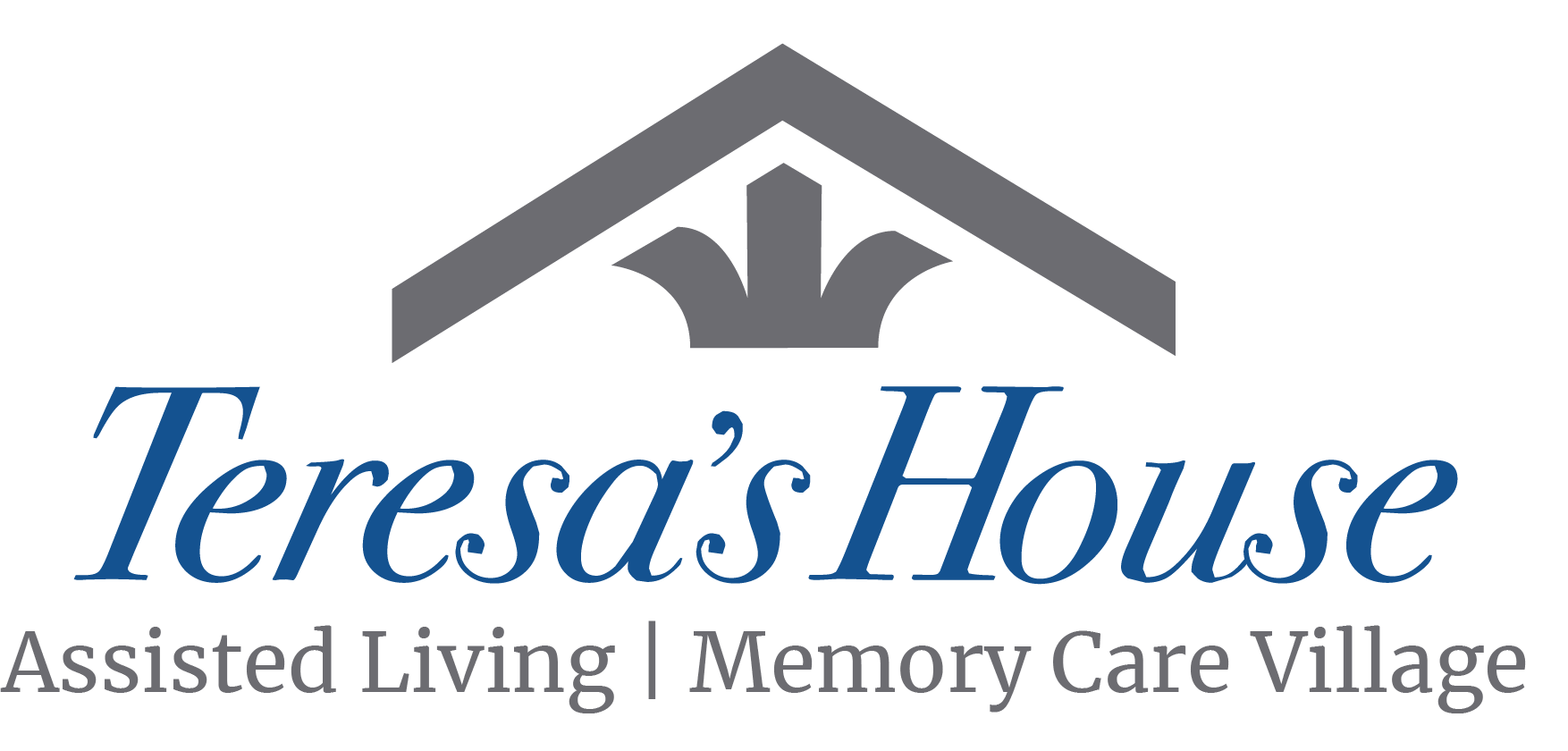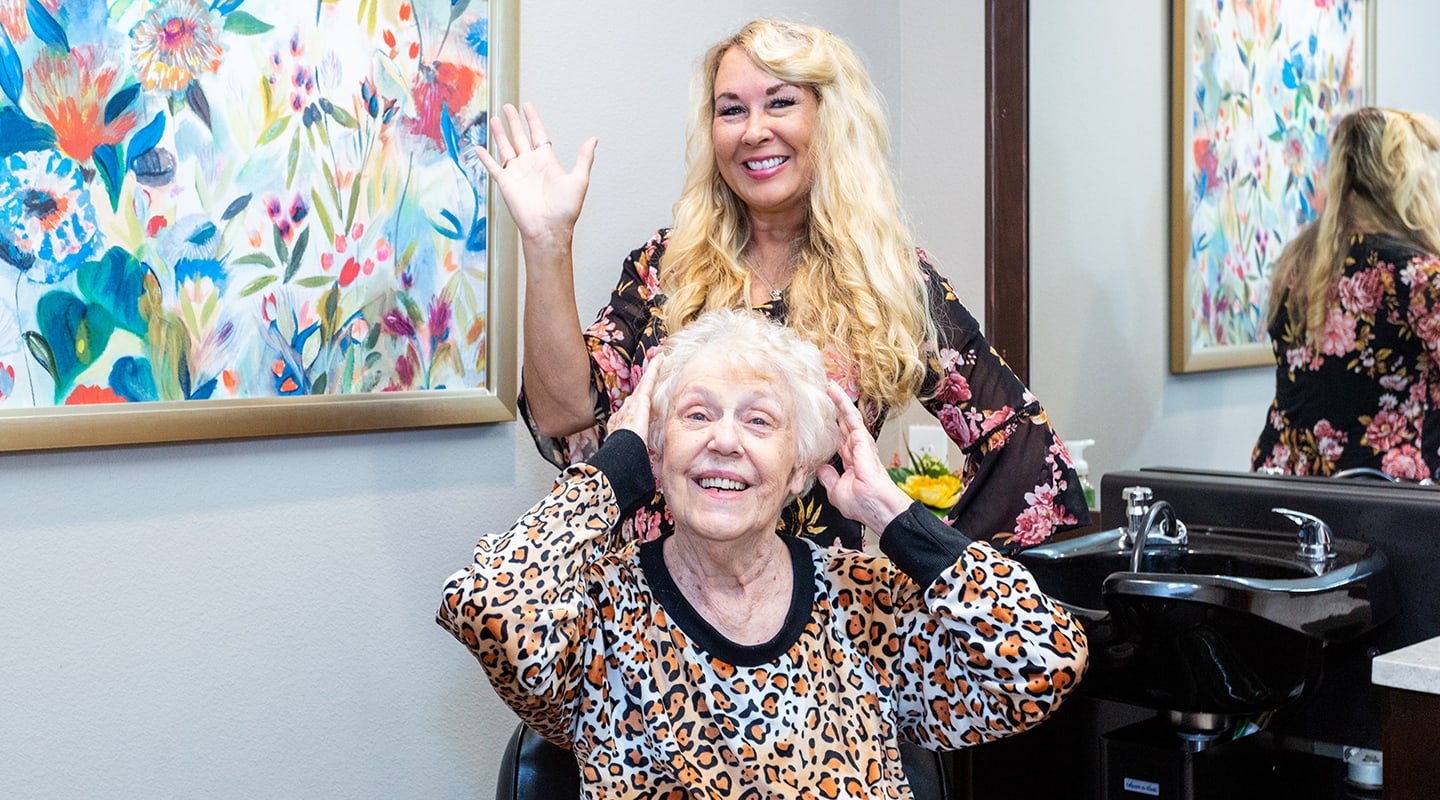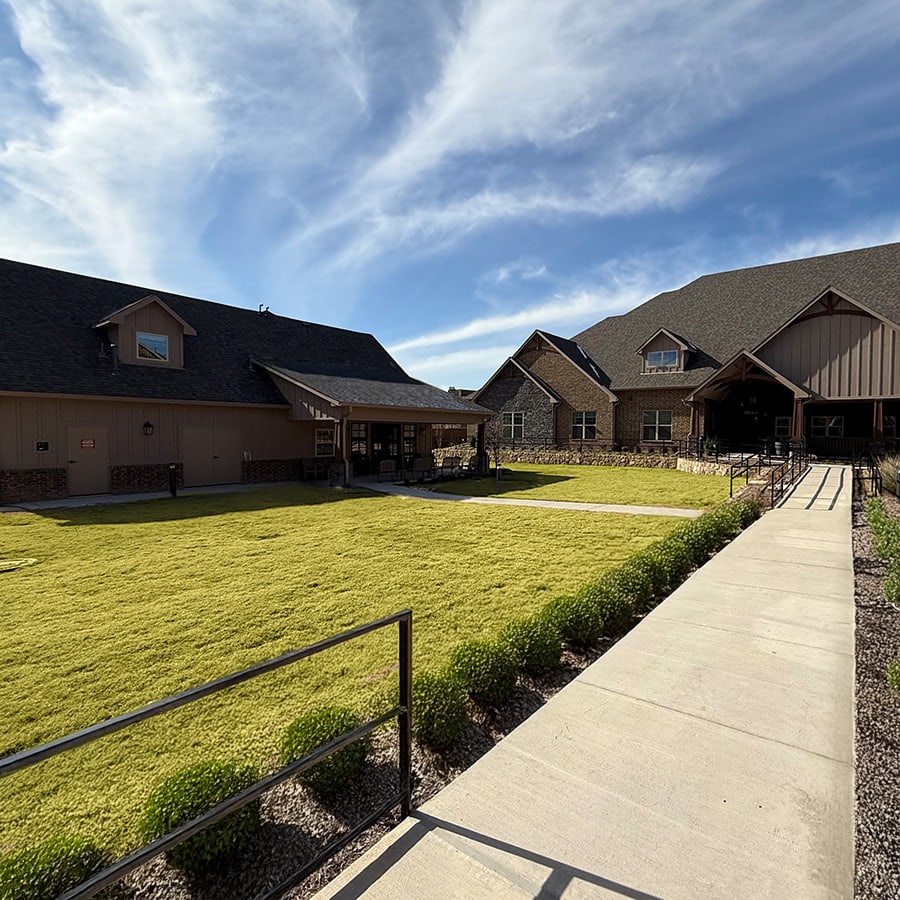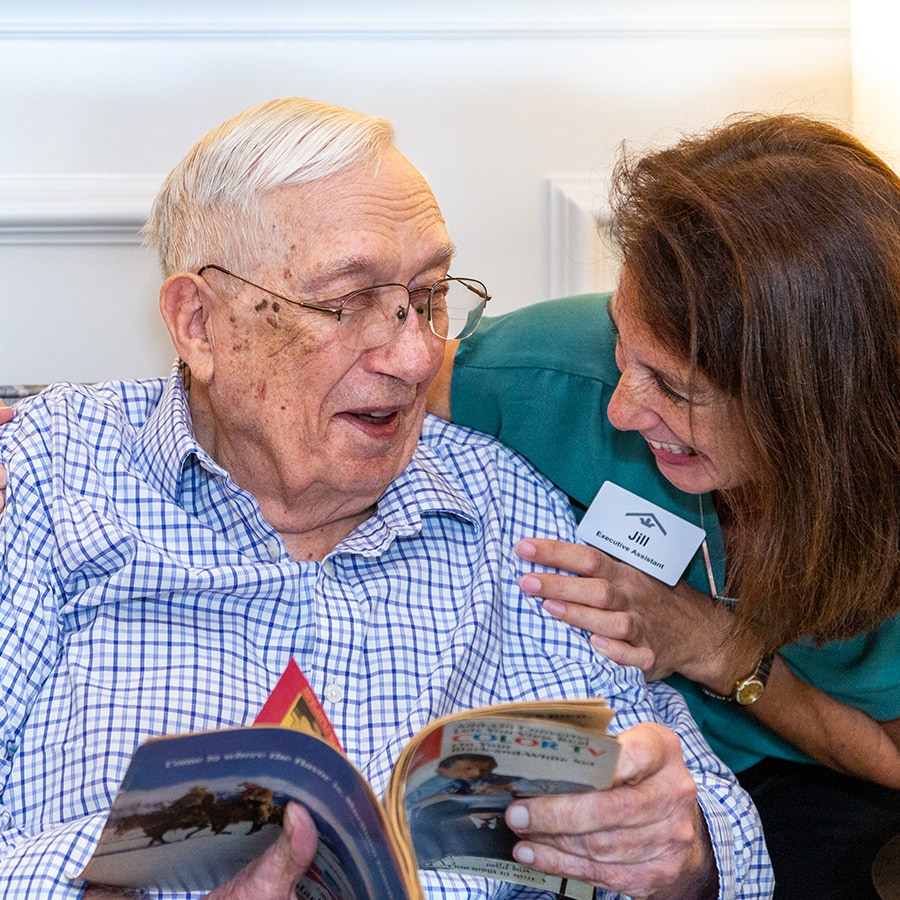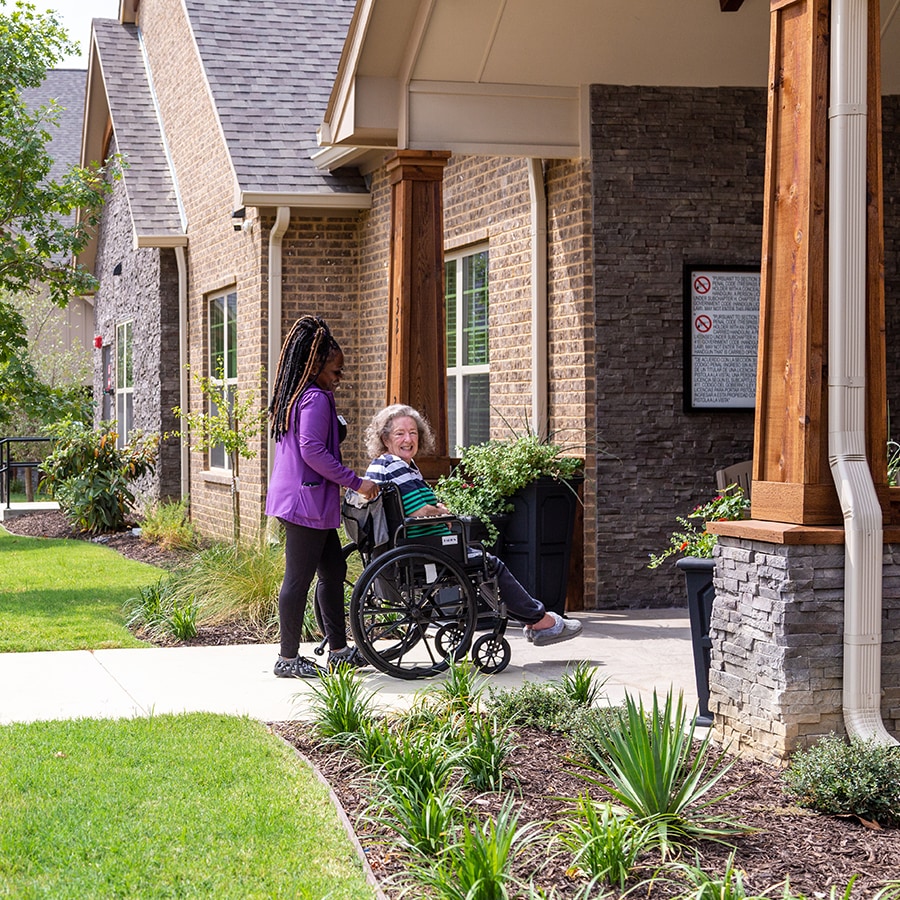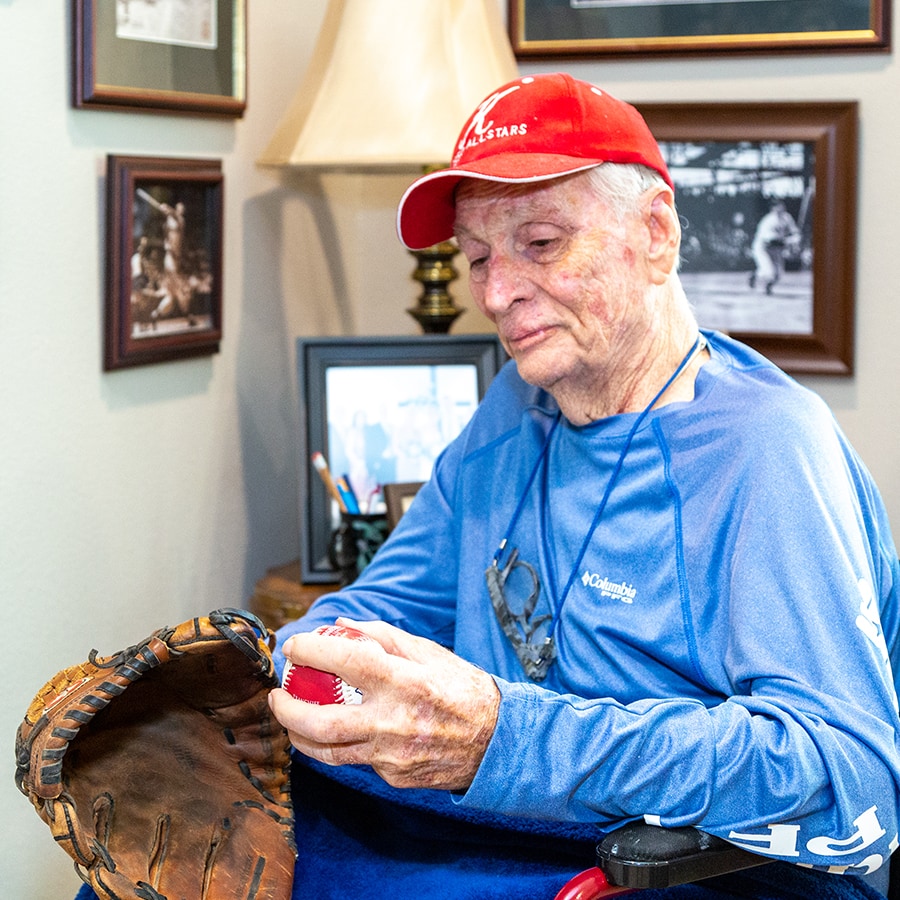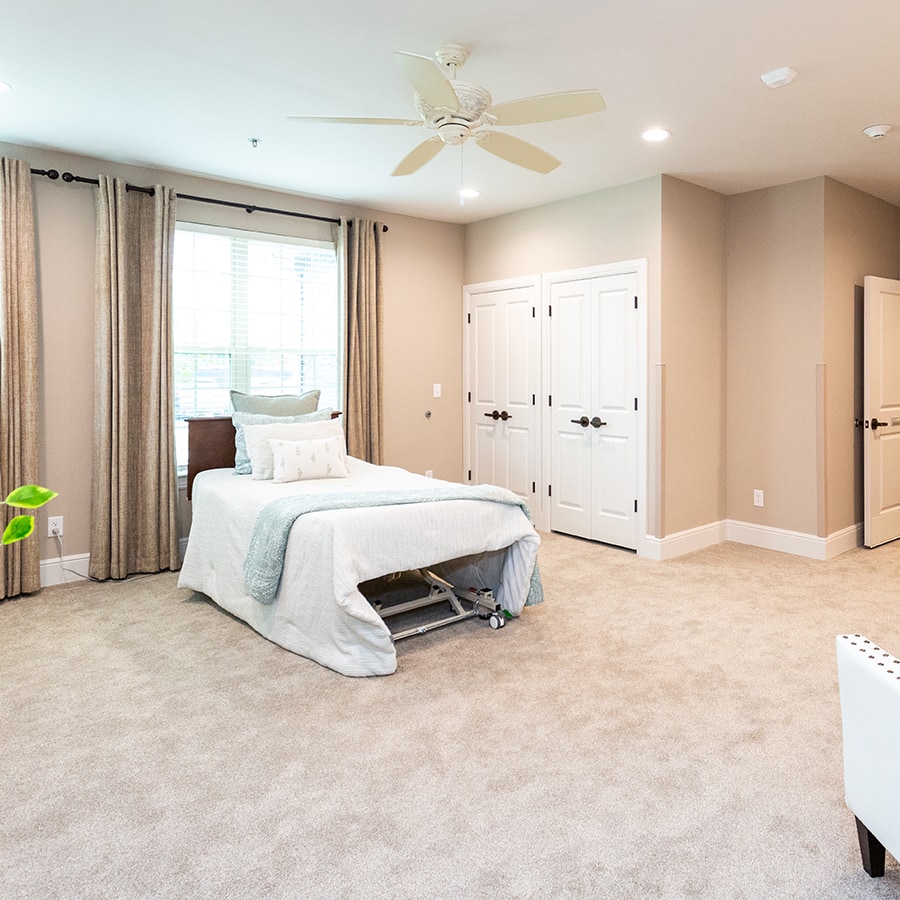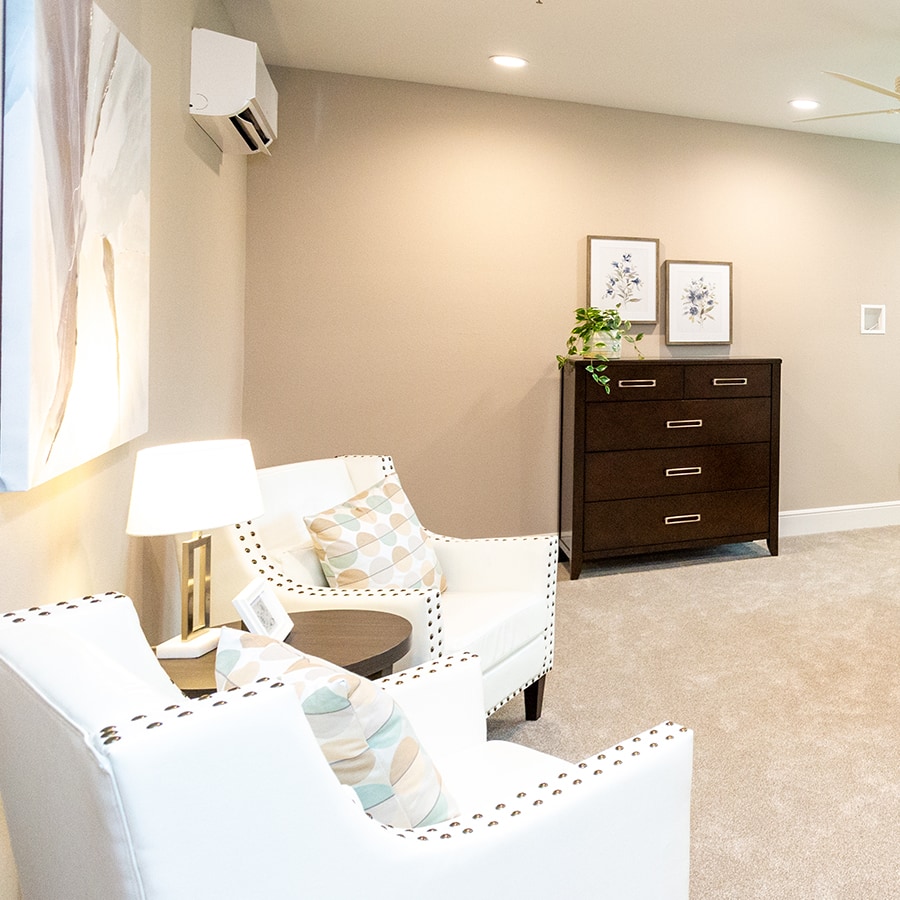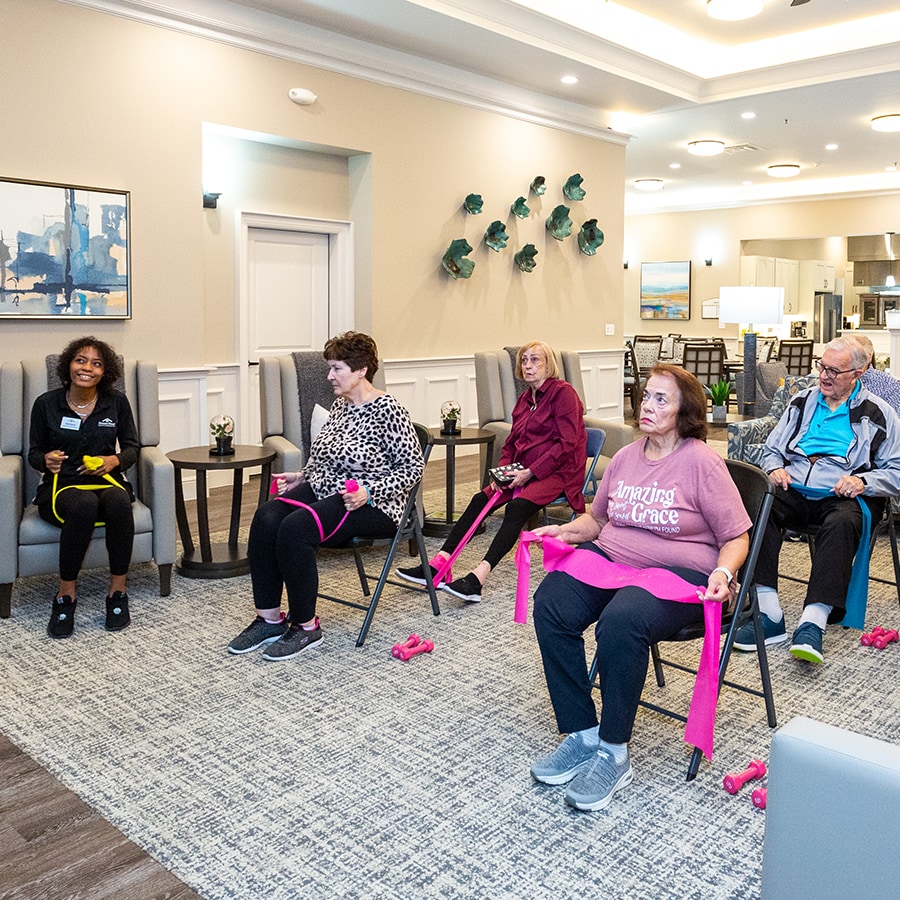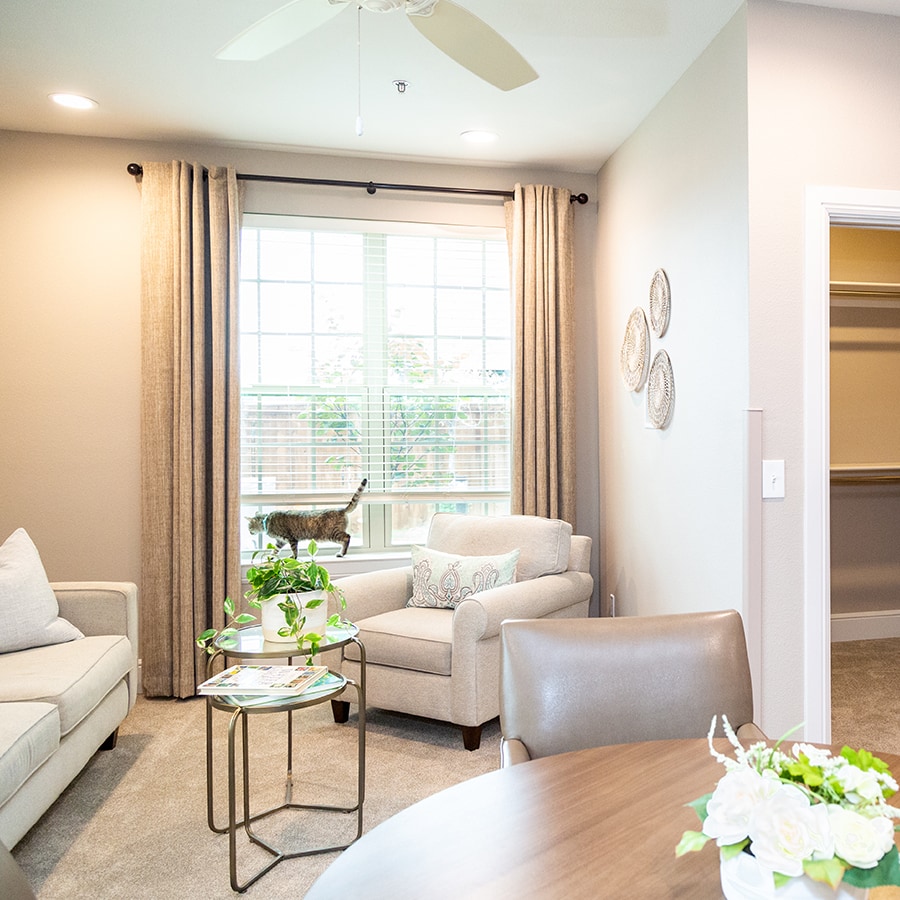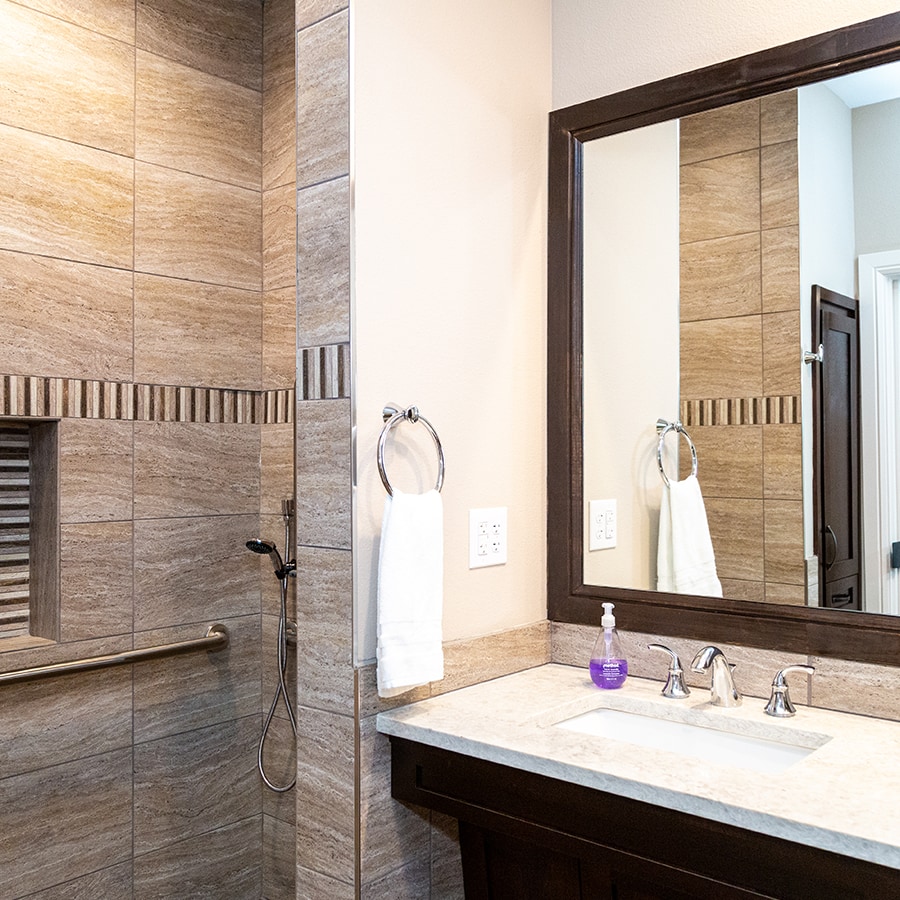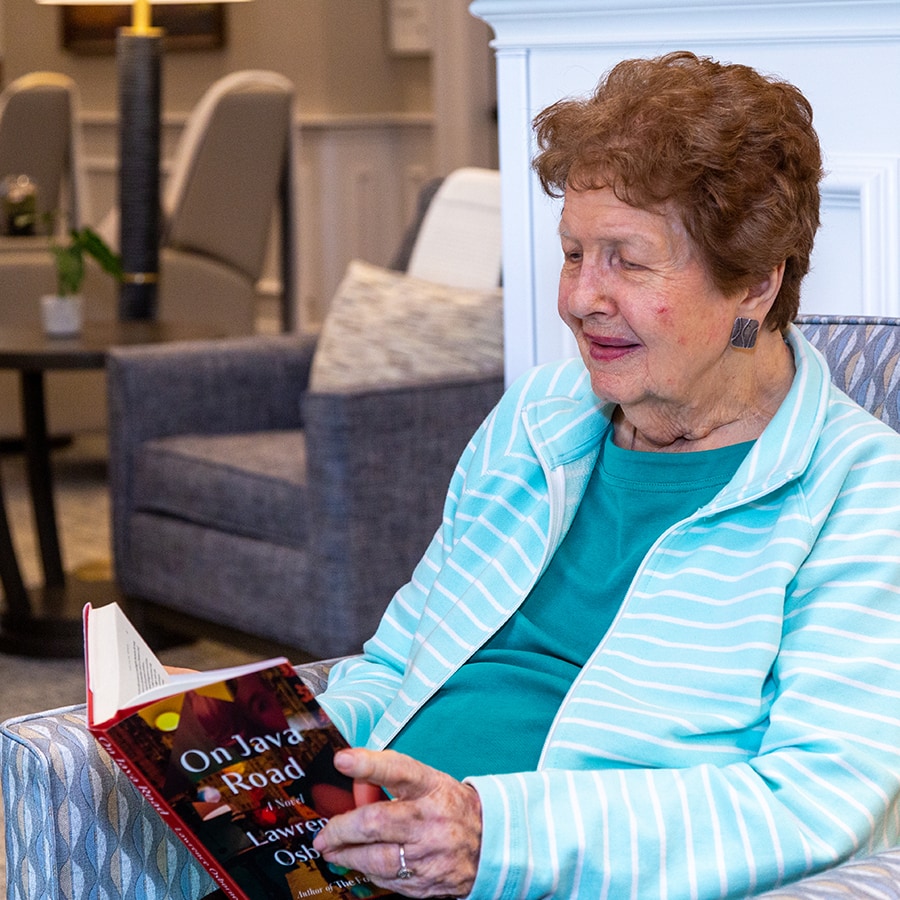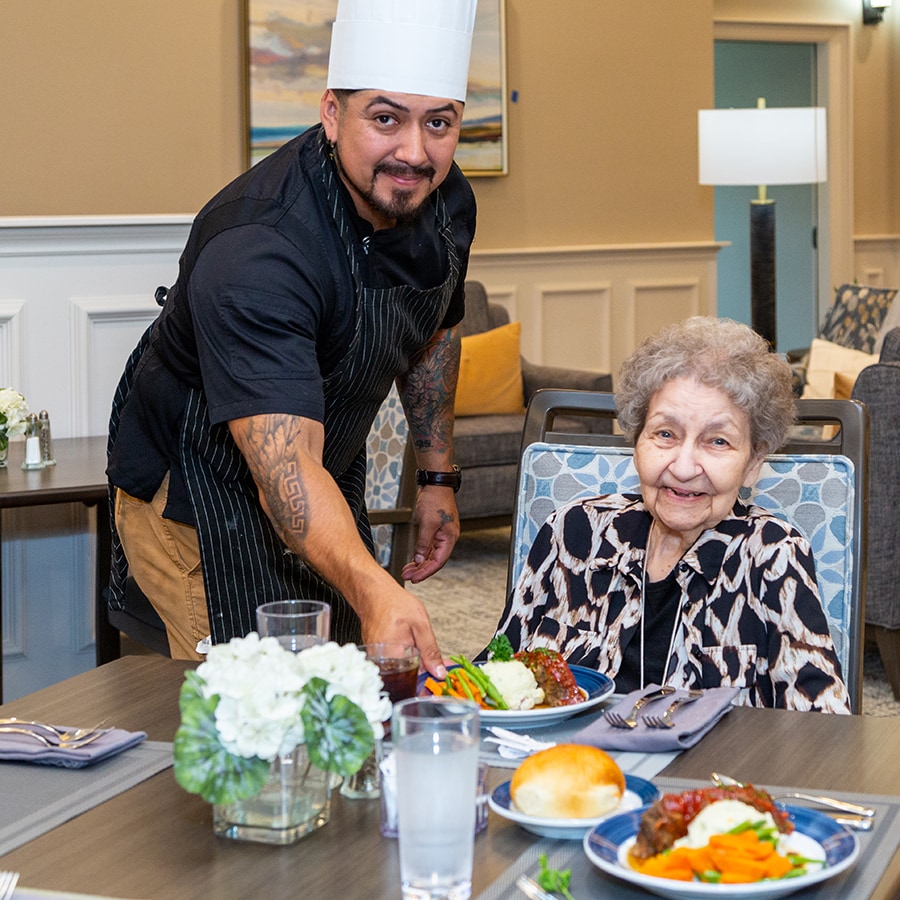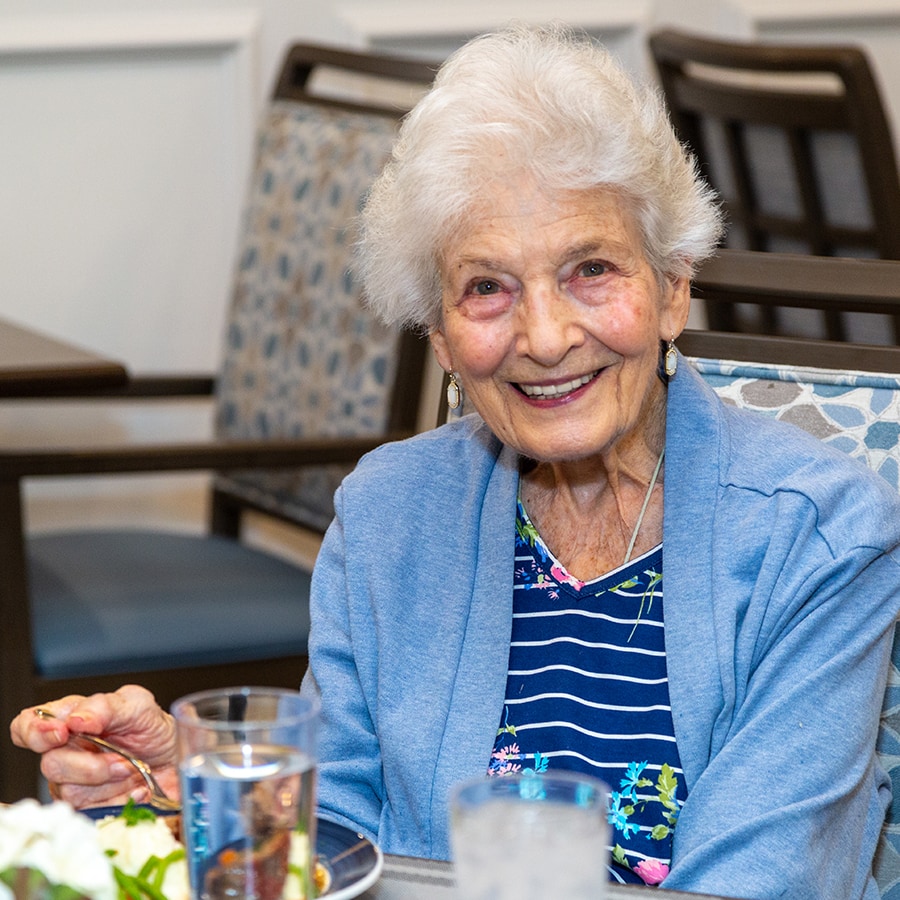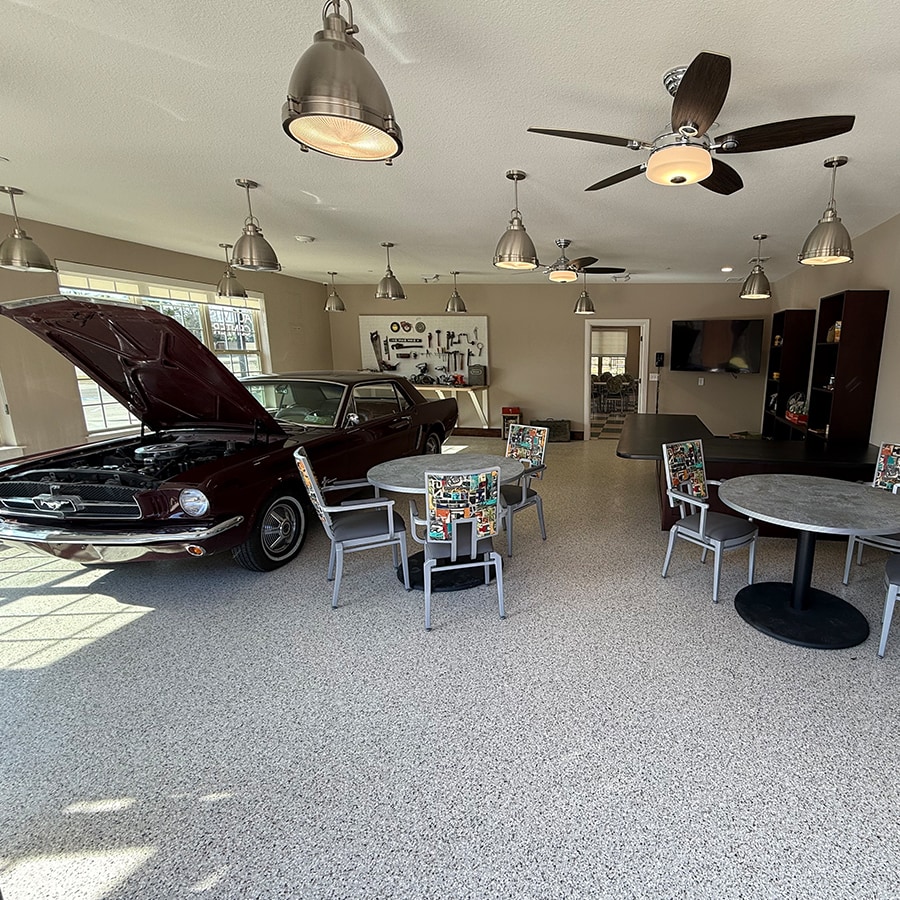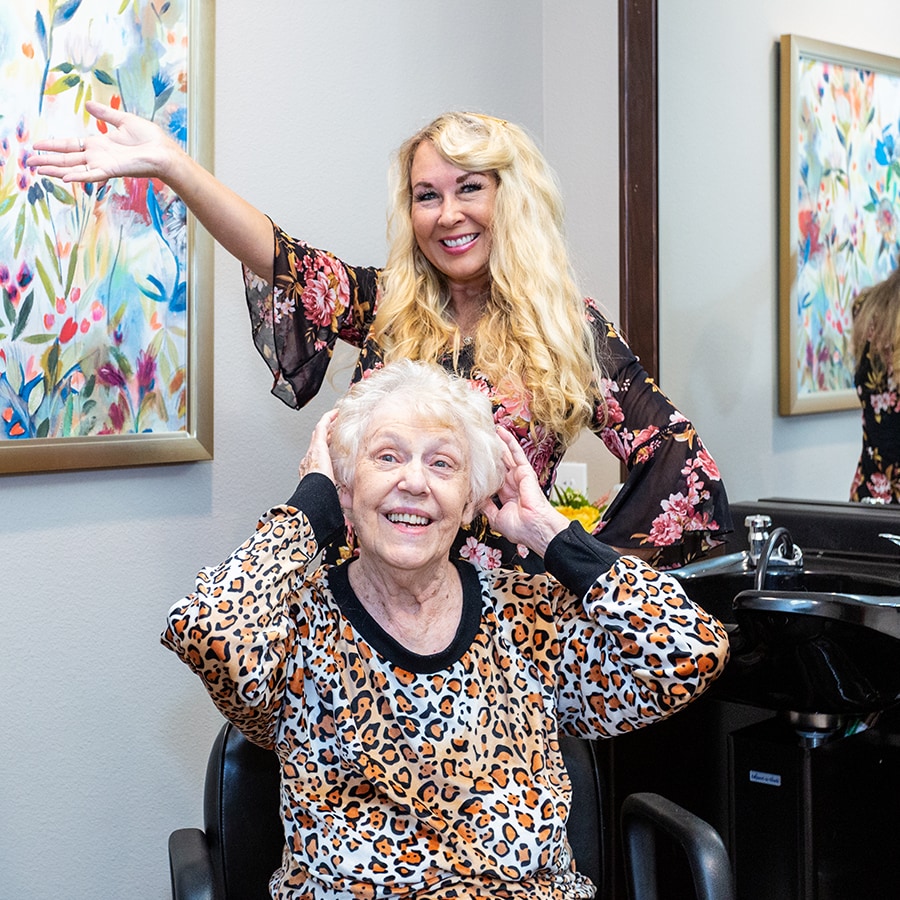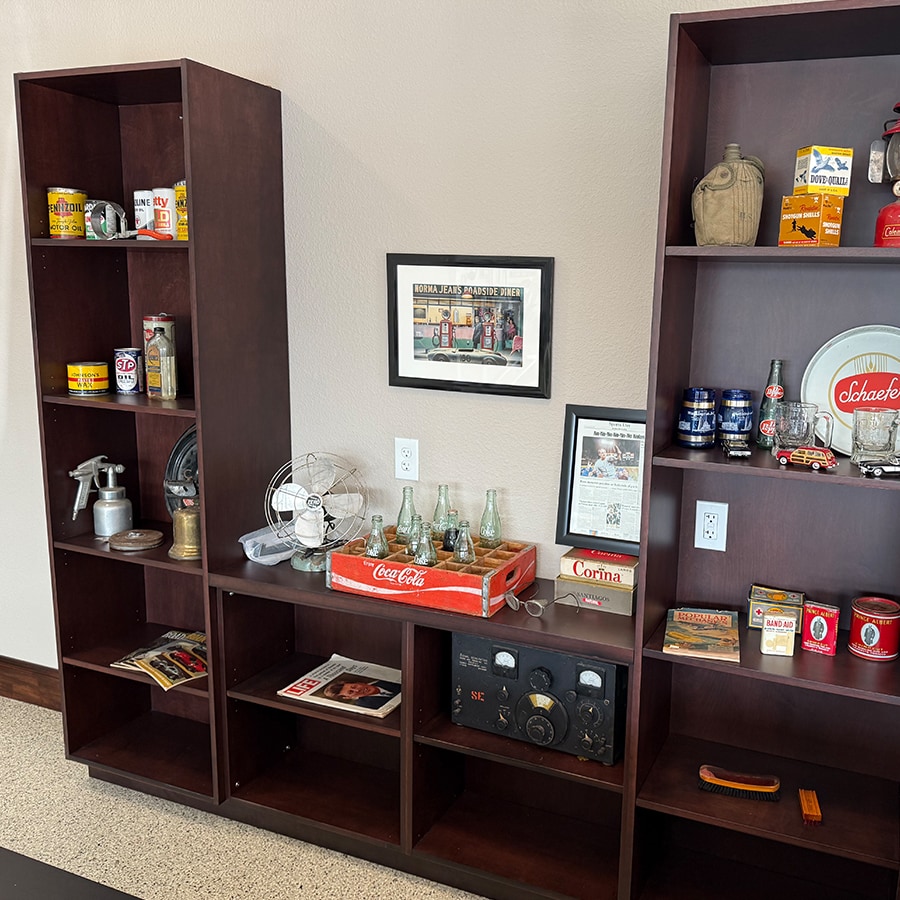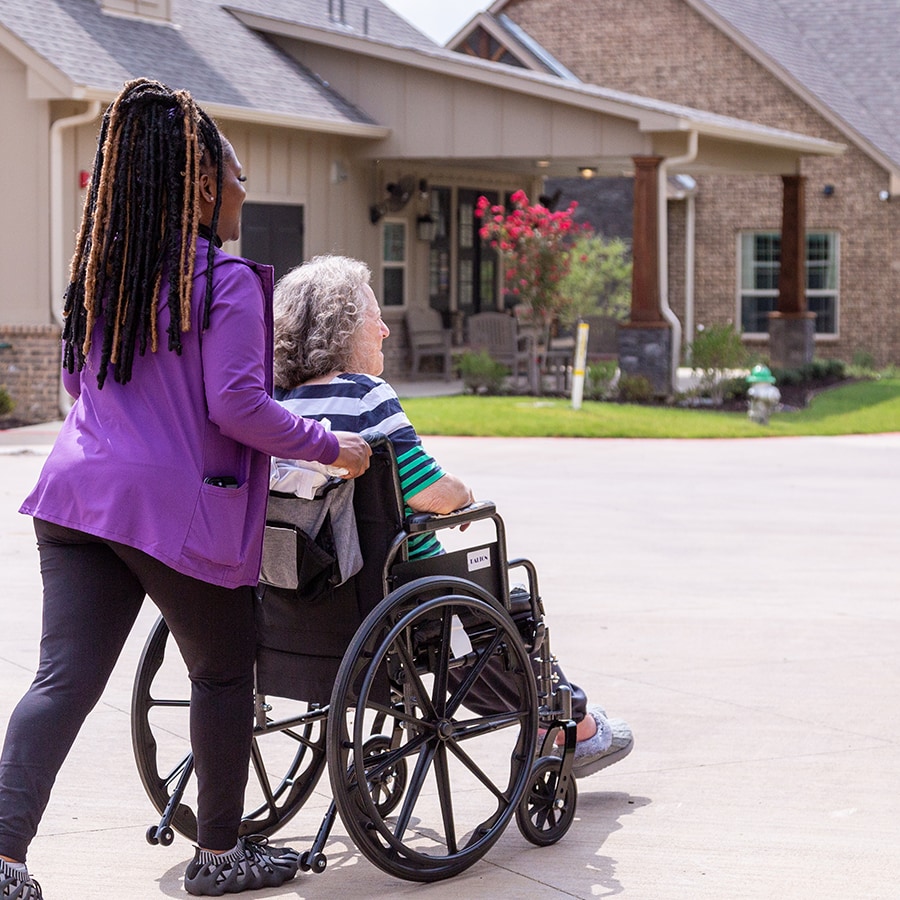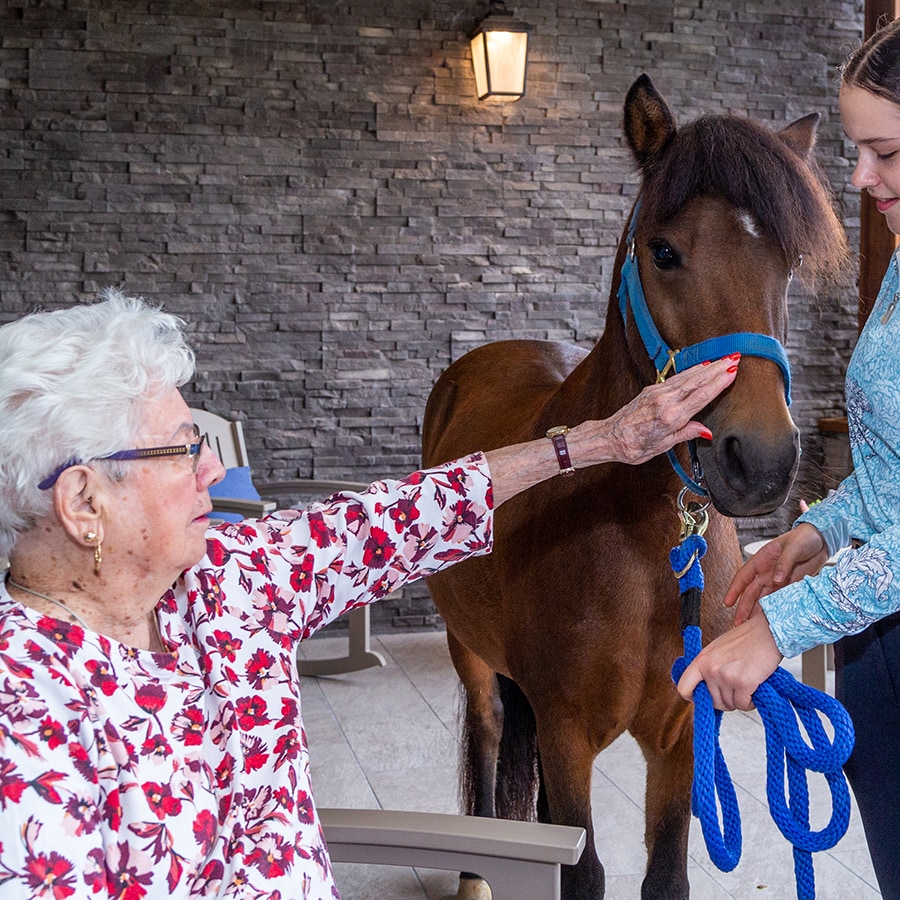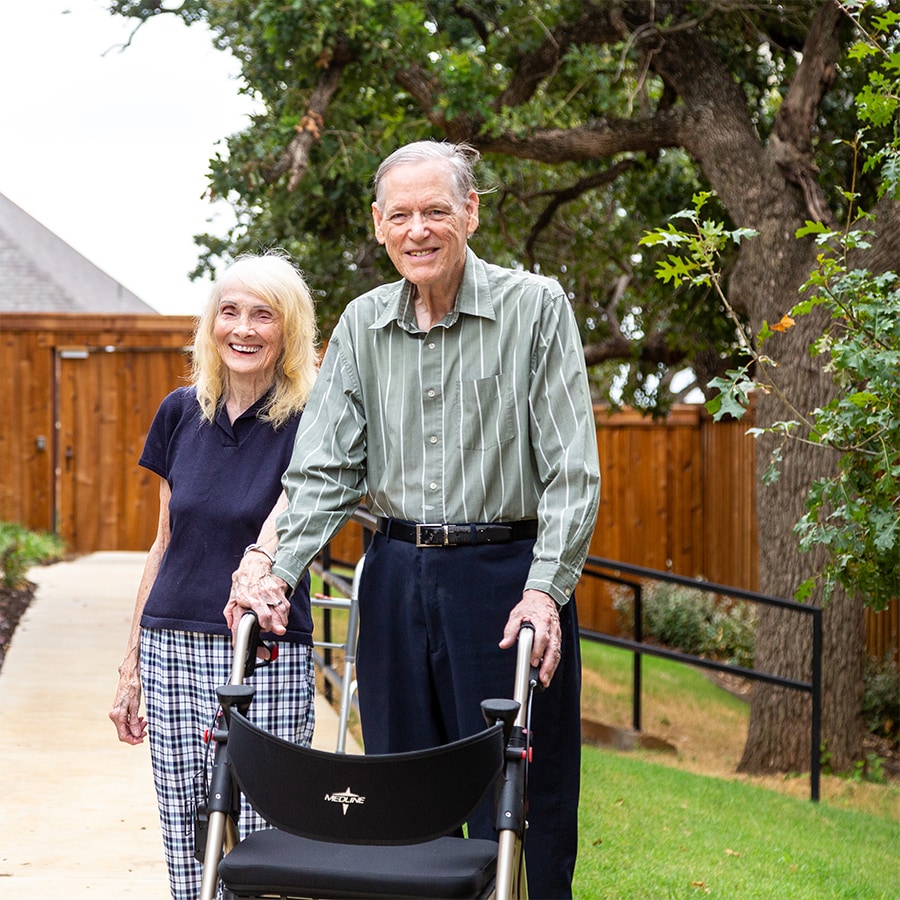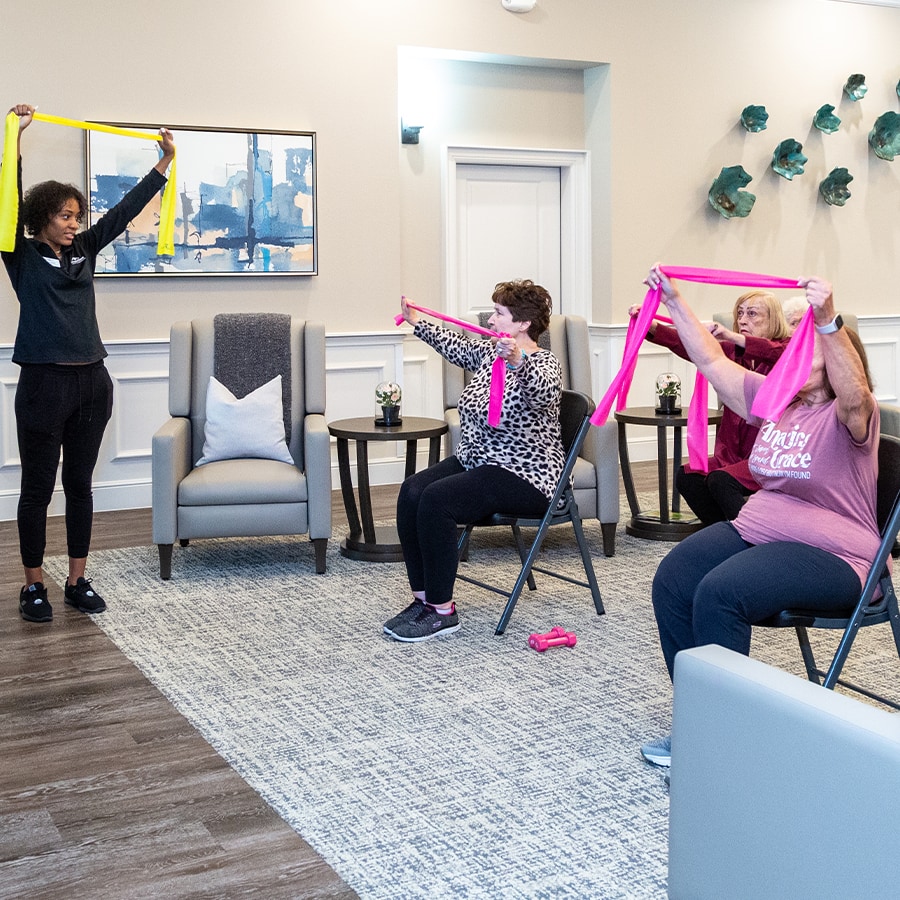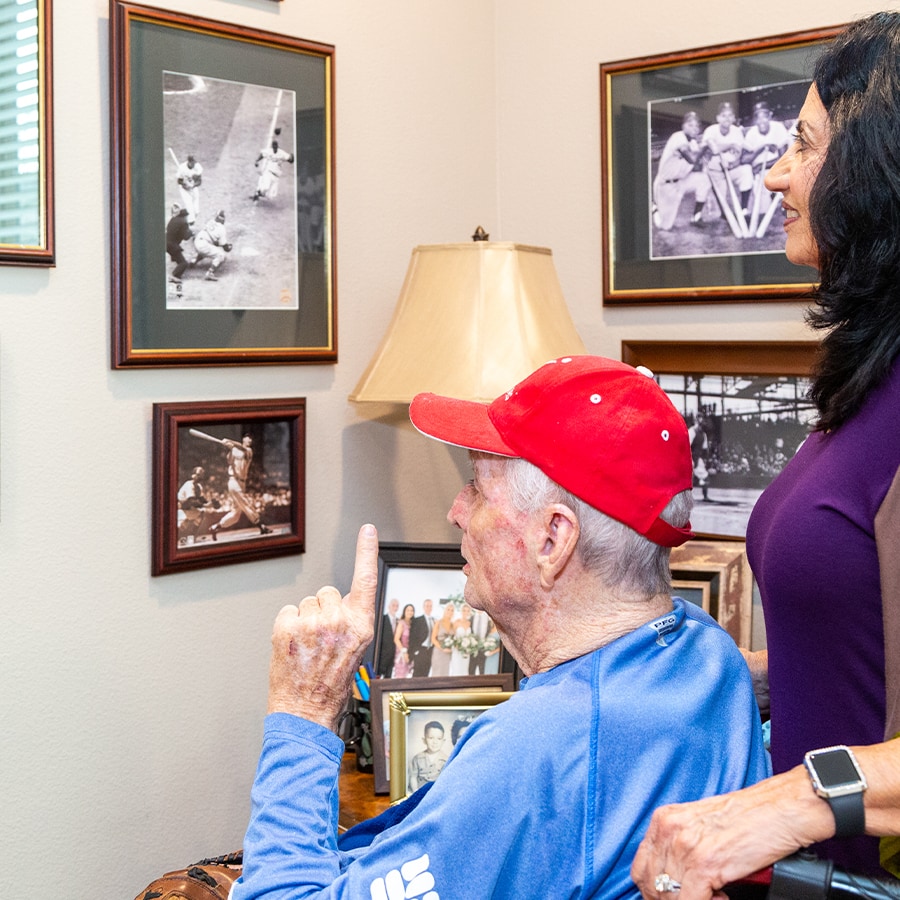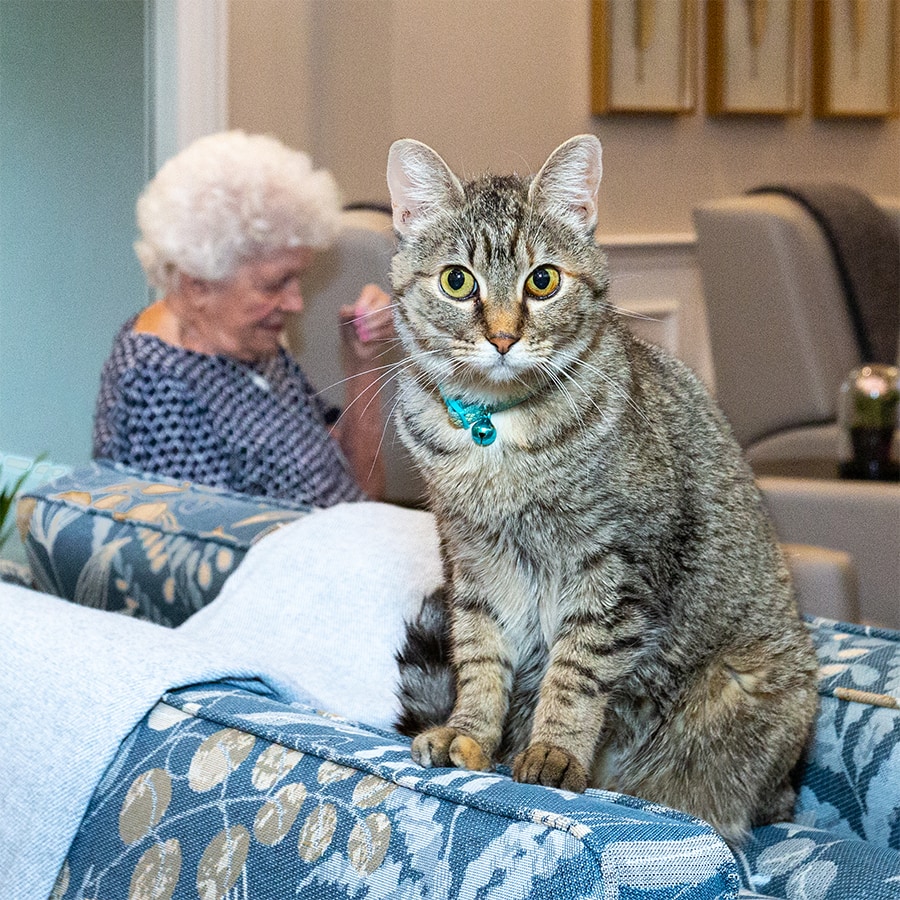While most seniors hope to stay in their own homes as they age, many family members find that a day comes when it simply isn’t safe for a loved one to continue living alone. Sometimes recognizing that moment can be challenging. If your loved one is resistant to transitioning into assisted living, you may doubt whether it’s the right thing to do.
Caring for a parent or senior loved one can take a toll on both a family caregiver and their loved ones — especially if a senior has been diagnosed with dementia. The topic of moving to a residential care facility can be an emotional and difficult conversation with aging parents. However, it may be the best choice to keep them safe and healthy.
Here are a few signs that the time for assisted living may be right for your family member:
Difficulty Walking/Falling More Frequently
It only takes one serious fall to land a senior in the hospital, and senior falls are common enough to be a big concern. Each year, it’s estimated that more than 2.8 million seniors have to go to the ER because of a serious fall resulting in hospitalization from a fractured hip or other serious injuries. (Fall’s Prevention Facts – NCOA) Many families realize too late, after their loved one’s hospitalized, that they shouldn’t live alone anymore. Typically, there are falls before that, which can serve as a warning sign. If you notice bruises or minor injuries that could be from falls or bumping into things more often due to balance issues, it may point to a problem that’s likely to worsen.
Condition of Their Home
If your parents never cared much about cleaning up their clutter, a messy house isn’t much of a red flag. However, if they ran a tight ship for decades, yet have given that up, this could be a concern. A messy, disorganized home can be indicative either of depression or the physical inability to take care of chores they managed for years. Some examples include:
- Spoiled food in the refrigerator or pantry
- Laundry not being done or linens not being changed
- Dishes piling up in the sink
- Untidy bathrooms
Failing to Pay Bills and Unopened Mail
Occasionally forgetting to pay a bill is normal as we age. However, it’s a red flag if your parent consistently misplaces or forgets about their bills. If utilities are shut off due for non-payment, or you see unpaid bills around their house, it’s a sign that Mom or Dad can no longer manage them. They may just need some help, or they may be ready to move to an assisted living facility.
Sudden Weight Loss
Many seniors have trouble cooking regularly. If your parent is no longer cooking and eating nutritious food, they can lose weight quickly. Ask them what they’ve been eating or examine the refrigerator and pantry to determine the quantity and quality of food. If you notice sudden or drastic weight loss, that can be another warning that they are failing to adequately feed themselves and get the nutrition needed to function.
Ignoring Personal Hygiene
Bathing is another daily task that becomes harder as you age — the bathroom is one of the most dangerous rooms of the house for seniors. Whatever the reason, if your family member is neglecting basic hygiene, that’s another significant sign they need assistance.
Trouble Driving
How is your loved one’s driving and attitude about driving? Notice to see if they are paying attention and following the rules or if you see physical damage to their vehicles. Either could signal that something has changed physically or mentally. Vision problems to memory illnesses can make driving a frightening experience for the elderly.
Key Takeaways
- Recognizing the signs, such as frequent falls, poor hygiene, unpaid bills, or weight loss—can help families make informed decisions about when it may be time for assisted living.
- Physical, emotional, and cognitive changes often appear gradually. Don’t dismiss small shifts in behavior or ability, they may indicate a larger need for care.
- Having a conversation early about care preferences can make the eventual transition smoother and more respectful for everyone involved.
- Assisted living can provide safety, social connection, and peace of mind, not just for the senior, but for the entire family.
We’re Here to Help
If you think it may be time for your family to consider senior living, Teresa’s House can help. We invite you to call us anytime at 972.747.8033 with your questions about senior living. We’re happy to provide a listening ear and helpful advice.
Disclaimer: The statements on this blog are intended to diagnose, treat, cure or prevent disease. The author does not in any way guarantee or warrant the accuracy, completeness, or usefulness of any message and will not be held responsible for the content of any message. Always consult your personal physician for specific medical advice.
